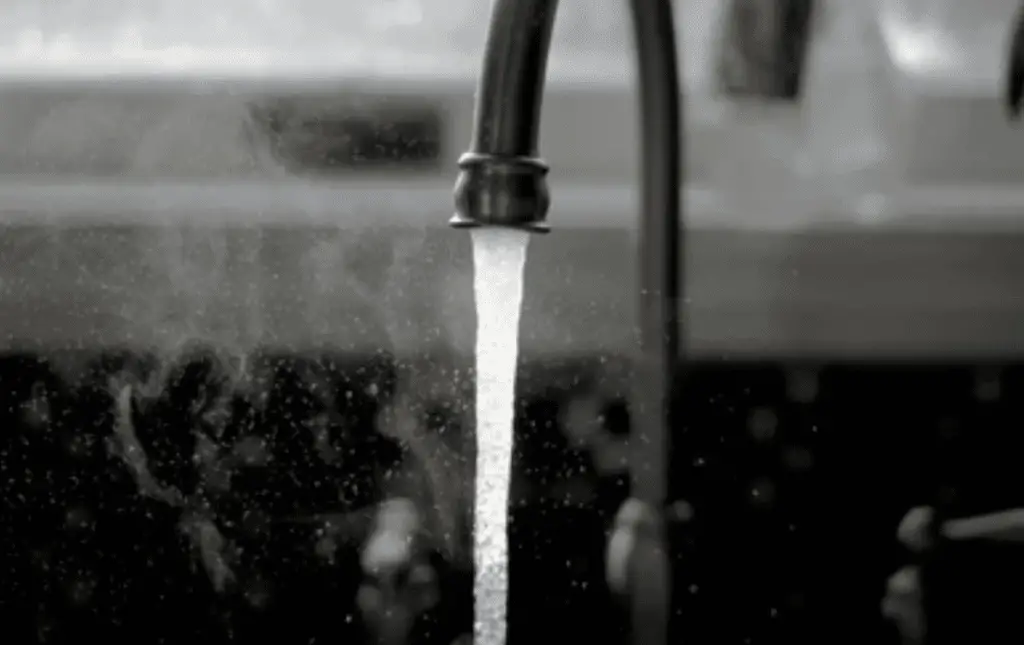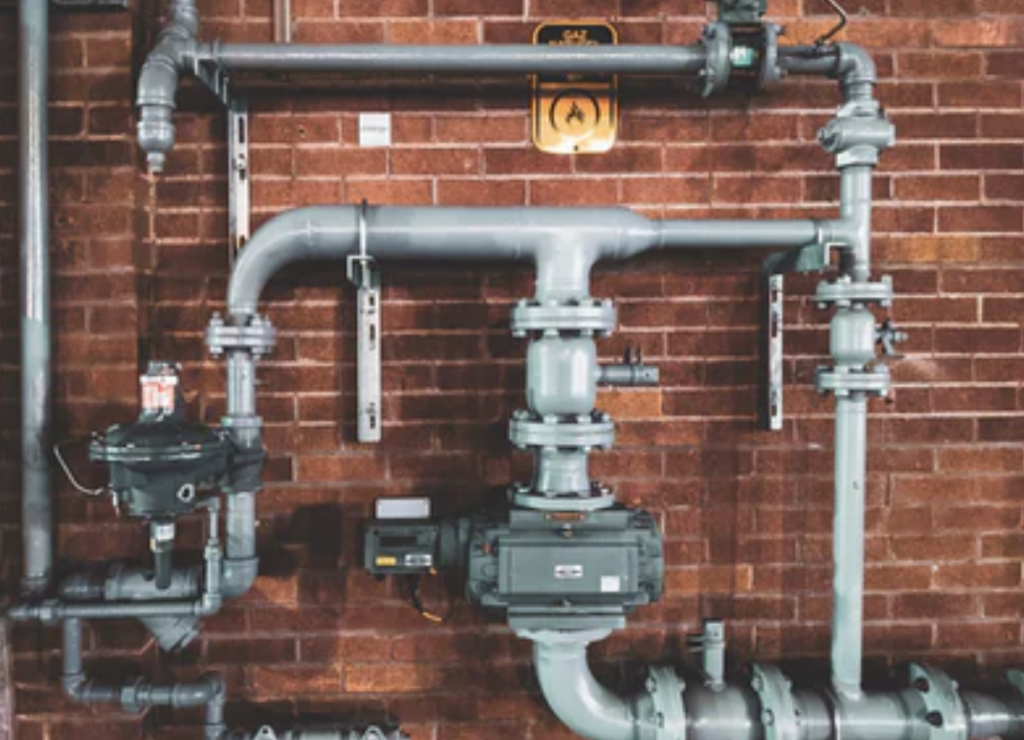A water heater is an essential home appliance without which you’d have to face a lot of trouble during the winter. It takes cold water from your supply line and heats it up for you to use. Water leaks from a heater are common, however, if ignored, they can turn into a serious problem. Moreover, water waste is a major issue, with 10,000 gallons of water being wasted from water leaks in US households. So, if you notice a water leak from your heater, you should try to fix it ASAP instead of waiting around.
A prompt response to these issues will save you not only water and money but also the cost of extensive repairs or possibly the replacement of your water heater. Most individuals choose to repair water heater leaks themselves since they are relatively easy to fix. If you’re one of those people, here are six simple measures you can take to quickly fix your leaky water heater.
-
Find the Leak
Even if there is water under your water heater tank, it does not always signify that your water heater is leaking. It’s possible that what you think is leaking water is actually condensed moisture from the surroundings. As a result, you must first establish that the leak is caused by a water heater and not by water from another source. The next step is to figure out which part of the water heater is faulty and causing the leak. To do so, wipe the tank dry carefully, then check as to where the water is seeping from.

-
Turn Off Water and Power Supply
Before you start fixing the leak, you need to ensure that you turn off the water supply first, followed by the power supply. The water supply will be turned off at the top of the tank by turning the shutoff valve. After that, locate the power supply switch and turn it off. For gas heaters, the power supply is connected to the gas valve, while electric heaters can be switched off by disconnecting power.
-
Repair The Hot and Cold Sources
If you have identified the source of the water to be from the top of the tank, there’s a good probability that the leak is originating from the hot water outlet or the cold water inlet. Since these connections are joined through pipes, there’s a huge chance of leaks so check out the fittings of the connecting pipes as well as any signs of damage around the shutoff valve. If you notice a leak because of loose fittings, you can use a pipe wrench to tighten the connections. In case tightening the fittings doesn’t stop the leak, you will need to replace the flex lines or pipes that carry water.
-
Repair T & P Relief Valves
Temperature and pressure relief valves are safety devices you will certainly find on all heaters to ensure that the tank doesn’t explode from excessive water pressure. It is present on the top of the water heater tank and is considered to be an important safety component.
If you notice a defect with this component, you’ll have to replace it as quickly as you can or get assistance from a plumber. T & P valve leaks are considered to be critical water heater problems and shouldn’t be neglected at all. However, be mindful that a leak from this component doesn’t always mean it’s faulty and needs to be replaced, sometimes this valve can be clogged and just needs to be cleaned.
-
Drain Valve Repairs
The drain valve is located at the bottom of the water heater tank and would need to be replaced if it’s leaking. However, before moving on to replace the part, make sure that the drain is screwed shut before assuming it’s defective. Sometimes, water leaks can originate just because the drain shutoff isn’t closed properly. Debris gets collected behind the drain and prevents it from closing all the way. Properly clean the drain valve and try closing it shut, if it closes completely and still has a leak, then the part is defective and would need to be replaced.

-
Internal Tank Leak Repairs
Your internal water heater tank might sometimes be the source of a leak, and it is normally not noticeable from the exterior. You won’t have many options in these situations and will have to replace the water heater. Internal tank leaks are impossible to fix, and attempting to do so will only make things worse.
If not addressed properly and in a timely manner, water heater leaks can become significant concerns. Depending on the source of the leak, you may need to fix or replace the component entirely. In some circumstances, the water heater may need to be replaced altogether. While the majority of these repairs are straightforward and can be completed by homeowners, you should seek expert assistance if necessary.
